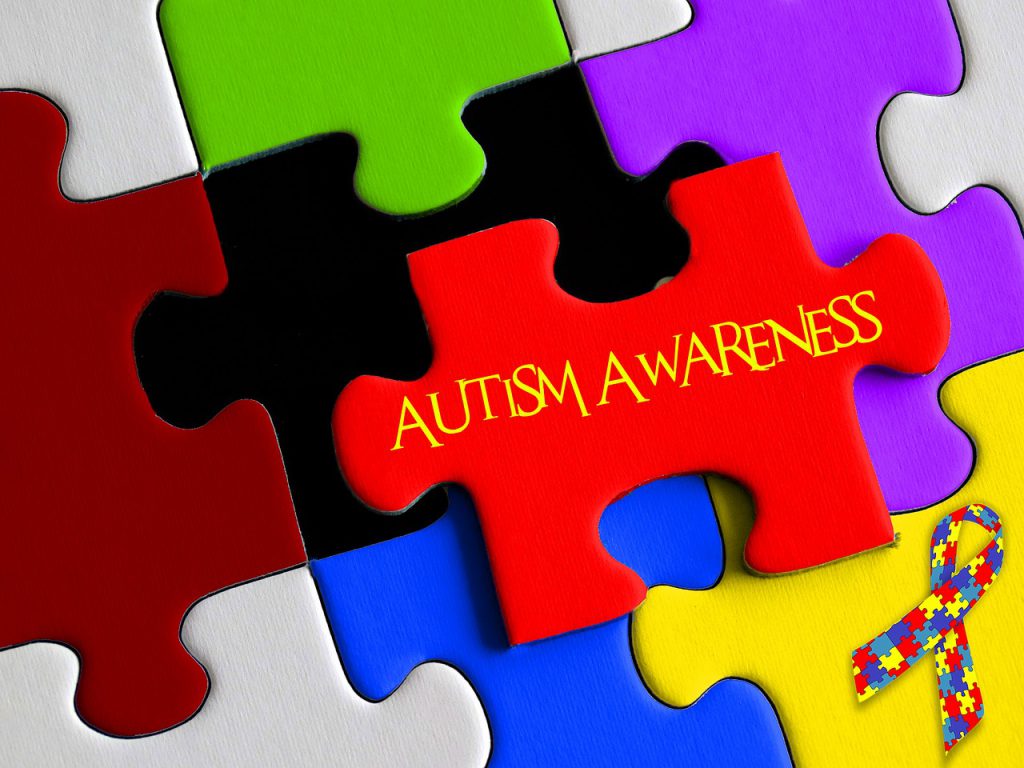Autism is a neurological developmental disorder with a wide range of conditions that affect people in many different ways. Hence why it is commonly known as Autism Spectrum Disorder or ASD for short. Supporting employees with autism can be tricky if you don’t understand it. it is a complex disorder.
This doesn’t mean that people with the condition can not lead full and happy lives and play their role in society and the workplace; and there are many famous and incredibly successful individuals with a diagnosis, including the inspirational Chris Packham.
So how can employers support employees with autism?
In this week’s blog, we are going to take a look at supporting employees with autism, and hopefully unpick some of the myths and prejudice that surrounds autism whilst putting some suggestions forward for creating a better supportive environment in the workplace for people with autism or Asperger syndrome.
There are almost 700,000 people in the U.K who live with the condition, that’s 1 in every 100 and this includes Asperger’s, which is also part of the spectrum disorder and probably, even less well acknowledged or understood!
Here at Wellspace we firmly believe that people on the spectrum can bring many different and often finely tuned skills in to an organisation, creating diversity and more opportunity for creative development; and we fully encourage raising awareness of how this can be of benefit to the employer and the employee.

Want to find out more about supportting employees with autism in the workplace?
Read on!
Autism Spectrum Disorder and the Equality Act (2010).
Chances are you will know somebody, or work with a colleague, who has the condition and you may, or may not, even realise. Particularly if you have never come across the condition previously.
However, this is no excuse for discrimination, and it is worth noting that section 6 of the Equality Act (2010), states that you have a disability if:
- You have a physical or mental impairment
- that impairment has a substantial and long-term adverse effect on your ability to carry out normal day-to-day activities.
Now, before you start thinking that people with Autism or Asperger syndrome are going to have many complexities that the workplace has to accommodate, it is worth remembering that the over-arching difference between people with ASD and those who are neurotypical is that of neurological differences.
Which, if truth be told, we are ALL neurologically different in some way, it’s just that some have more typical traits than others.
And people with ASD are often highly skilled individuals who focus deeply on the task and the miniscule details that neurotypical people often miss. Loyalty and commitment is important to them, as is having the time to think to come up with their best work, (which is usually pretty good!)
It is at this point, worth noting that not everybody who has autism will have a diagnosis, particularly in adults, as the condition has really only become more widely recognised in the last couple of decades.
Therefore, it is important to be able to recognise what autism is, and the impairments that can affect people on the spectrum and often make their lives particularly difficult, especially in adulthood where we are all expected to be able to fit in to the perceived ‘norm’, go to work and earn a living? Let’s take a look at ASD in more detail.
What it means to be on the Autism Disorder Spectrum
The main areas that people with Autism Spectrum Disorder have difficulties with are;
- Processing of information
- Communication
- Sensory issues
- Anxiety and fear
This does not mean this is where the difficulties stop, however. One of the most important things to be aware of is that not one person on the spectrum has the same level of impairment, or that just like neurotypical people, people with ASD can’t have good days and bad days where their needs change.
People with ASD are often particularly sensitive to their environment and any unplanned change or increased amount of pressure can have a very detrimental effect, leading to increased levels of stress, which if not managed effectively can lead to more severe mental health issues such as general anxiety disorder or chronic depression.
How can an Employer support an Employee with Autism ?
Catering for the health and wellness of people with neurodiversity is not just going to benefit people on the autistic spectrum, rather it will be of benefit to the whole workforce, and encourage empathy, understanding and an improved workplace culture.

In 2014 The TUC produced a document that is particularly helpful to employers; you can view the document here for more information about autism in the workplace.
It goes on to makes the very salient point that people with autism do not always wish to announce the fact that they are on the spectrum for fear of discrimination, so it is good practice for employers to implement changes, taking the assumption that not everybody is neurotypical, because chances are you will have autistic people in your organisation without even realising it!
If you want to make your organisation more ‘autism friendly’ there are many ways in which you can become a more supportive employer;
- Recognise that not everybody is neurotypical, and that becoming ‘autism friendly’ is simply to say your business welcomes diversity and encourages differences. (This is really the minimum any organisation should do!).
- Reduce or remove sensory distractions – bright, unnatural lighting, loud unnecessary noises and heavily scented air fresheners can all cause a person with autism stress which can be avoided.
- Provide a ‘quiet room’ for people to retreat to when they feel they are reaching a critical level of anxiety. Encourage people to use this space so they don’t reach meltdown level, which for a person with autism can be very distressing. It is worth noting at this point that a meltdown is caused by ‘an intense response to an overwhelming situation’ and is very different to a temper tantrum!
- Ensure routine and stability is maintained.
- Recognise that people with autism / Asperger syndrome are often very literal in how they view the world, and what they hear is often taken in the literal sense. It is very difficult for a person on the spectrum to understand nuances, metaphors or facial expressions which can lead to fear and anxiety when they misinterpret words and meanings.
- Be mindful of extra appointments, and for those who are not necessarily autistic but support family members with autism and may have to take additional time off
- Offer training to all staff and managers around Autism and how best to support colleagues with the condition.
Contact us
As you can see, there are many ways in which an employer can support an employee who is on the autistic spectrum, whether they have a diagnosis or not, and ultimately by creating an environment that is better for neurodiversity is creating an environment that is better for everyone.
If you wish to discuss anything we have covered here in our blog, or if you would like some more information on how to reduce stress and anxiety across the workforce, you can contact us here or call us on 0808 178 0748.
We have a dedicated team of health experts who are committed to improving the corporate health and wellbeing of organisations throughout the U.K and we look forward to hearing from you!










